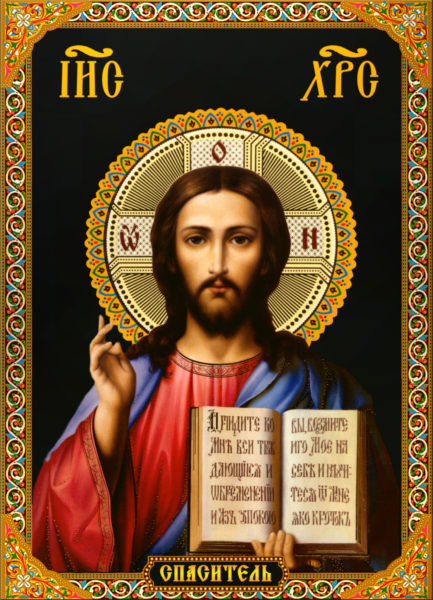 I like to think about the Faith in terms of metaphor and simile, by trying to liken what can be fairly profound but intangible thoughts with more mundane ones that I have an easier time wrapping my mind around. So today’s readings led me to ask: What’s the most important part of a house and home ownership?
I like to think about the Faith in terms of metaphor and simile, by trying to liken what can be fairly profound but intangible thoughts with more mundane ones that I have an easier time wrapping my mind around. So today’s readings led me to ask: What’s the most important part of a house and home ownership?
Is it the mortgage itself? That would seem to make sense; if the house isn’t paid off, then you can lose your home if the mortgage isn’t taken care of. But it also doesn’t need much actual work or effort, outside of the labor required to make the payments.
What about the taxes on the home? Again, like the mortgage, if those aren’t paid then you will no longer be a “home owner.” And unlike the mortgage, taxes will never end. But — like the mortgage — it doesn’t require much active thought or action.
How about the roof? That’s the primary way the elements are kept off your belongings, and it requires perseverance to maintain, but it doesn’t require much day-to-day effort.
The rest of the physical structure? It’s certainly what gives the home its shape, and it’s dangerous if untended, but it feels like a vague concept to pin as “most important.”
Maybe the water system? Water is essential for human life, and for many people their homes are the primary source of that life-giving water. But there are many homes throughout the world that don’t have running water.
The electrical system? The modern world has a constant need for electricity, and many people wouldn’t be able to work or live without it . . . and if something goes wrong with the electricity, it can burn the house down. But — again — many homes don’t include electricity.
The paint? The decorations and décor? While seemingly frivolous, our drive to customize and beautify our dwellings is one of the most human aspects of our lives; art is arguably as old as humanity itself, and is part of the “soul” that helps separate us from animals.
The people inside? Although a kitschy answer, it does seem true that — without people — a house has no reason for existing.
Having come up with a list of possibilities, I’m forced to conclude that there isn’t any one thing I can point to as essential above all others; they all seem really important to a home. And even if I could point to one as more important, I could just as easily make a counterargument for one of the other aspects.
Today’s reading from the First Letter to the Corinthians brought all this to mind. It talks about the different ways that the early believers came to Christ. Some were shown the path by Paul, some by Apollos. And it has this great line that I don’t recall reading too closely before: “Therefore, neither the one who plants nor the one who waters is anything, but only God, who causes the growth. He who plants and he who waters are one, and each will receive wages in proportion to his labor.” This line echoes a sentiment later in the same letter (1 Corinthians 12:12-31), likening the body of Christ — that is, the faithful of the Church — to the parts of a human body, with no part being able to claim supremacy or separation from the rest of the body.
Today’s reading is similar, but seems to focus more on how we come to the Faith, or what about the new life with Christ that calls to us. And in this regard, the message is the same: there isn’t any “right” answer.
For coming into the Faith, there is no “one right way.” Some are born into it, into loving Catholic families. Some come to believe through a moment of crisis. Some are introduced by a friend or loving spouse. Some come into it on their own, through reflection and intellectual consideration. And they all bring their own wonderful views to the Body of Christ.
Similarly, within the Church there is no one “true” way to grow closer to God. The Sacraments, Eucharistic adoration, the Stations of the Cross, Bible study, prayerfully working among the community, saying the Rosary, teaching . . . even writing or reading about Scripture can be a way to expand your faith!
So much of the world today wants to tell you “you’re doing it wrong,” or to imply that only they know the “real” answers. But the real answers were revealed by Christ millennia ago, and they haven’t changed. How we come to grow closer to those truths, and work to be the best members of the Body of Christ that we can be . . . well, it’s the journey that’s important, and the destination will hopefully lead us to God, without whom none of this is possible.
Today’s readings: 1 Cor 3:1-9; Ps 33:12-15,20-21; Lk 4:38-44
